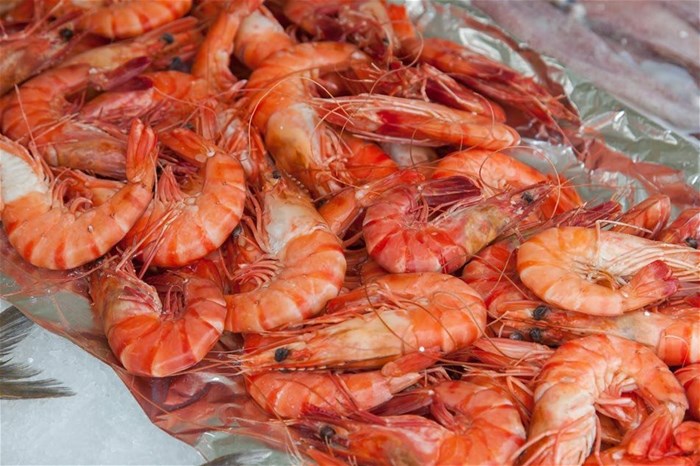With the rising cost of proteins in a stressed economy, Breco Seafoods, a popular frozen seafood brand brought to you by Atlantis Foods, is encouraging cash-strapped South Africans to embrace the benefits of frozen seafood.
Despite the supply chain challenges and the evolving market, the global seafood industry is projected to reach a value of $336bn by 2025. With this positive forecast, it becomes essential for South Africans to tap into the potential of frozen seafood as a versatile and sustainable food source. By doing so, they contribute to their own well-being and support the industry's growth on a larger scale.
The anticipated growth in demand for fish and shellfish – so-called blue foods – results from several factors: population growth, local changes in affordability and trade, and culture.
According to a recent Stanford-led study, while beef consumption per capita has declined since the 1960s, that of seafood has more than doubled, and all indications are that global fish consumption will increase by nearly 80% by 2050. “This increased demand for seafood highlights the need for sustainable and accessible sources of fish and shellfish,” says Neil Pascall, managing director of Atlantis Foods - the parent company of the Breco Seafoods brand.
“The convenience and longer shelf life of frozen seafood products make it a preferred choice for many consumers. In addition, the affordability of frozen seafood compared to fresh counterparts makes it more accessible to a wider range of people.”
As the industry grows, brands like Breco Seafoods are encouraging South Africans to explore the diverse range of frozen seafood options available. The Breco Seafoods brand has been around since 1995, bringing you more than 90 species of seafood from 26 of the best seafood-producing countries in the world – such as prawns from Vietnam, Argentina and India, as well as squid and fish from China.
“In total, we import between 900 and 1000 containers of premium seafood per year, and today, we have a team of 231 passionate individuals working on a shared vision of making quality seafood accessible to more South Africans,” continues Pascall. Atlantis Foods operates three cold stores with a total cold storage capacity of more than 12,000 pallets.
One of the common reasons why consumers are not buying more frozen fish, although it is very economical and tasty, is due to ‘fish fear’, as people are concerned about quality and hygiene issues around seafood.
Breco Seafoods’ products are subject to rigorous checks through internal quality control processes, as well as meeting the applicable compulsory requirements as set out by the National Regulator for Compulsory Specifications (NRCS). The NRCS issues certificates of compliance as soon as the requirements have been met, certifying that products live up to quality standards.
“While we fulfil every possible requirement to ensure we are offering a quality product, we know that some consumers still fear the process of selecting, thawing and preparing seafood. Hence the reason for offering guidance on our Breco website.”
Concludes Pascall, “Our aim is to destigmatise eating fish, as some frozen seafood is not only affordable but good for you. Our redesigned Breco Seafoods website, which includes recipes and a seafood school, aims to 'awaken the inner master chef’ of our customers and change how they ‘seafood’ by showing them how easy it is to select, thaw, prepare, cook and store seafood.”
As part of their sustainability journey, Breco Seafoods joined the WWF-SASSI Retailer/Supplier Participation Scheme in 2012 – the only supplier to have committed to the programme to date.






































